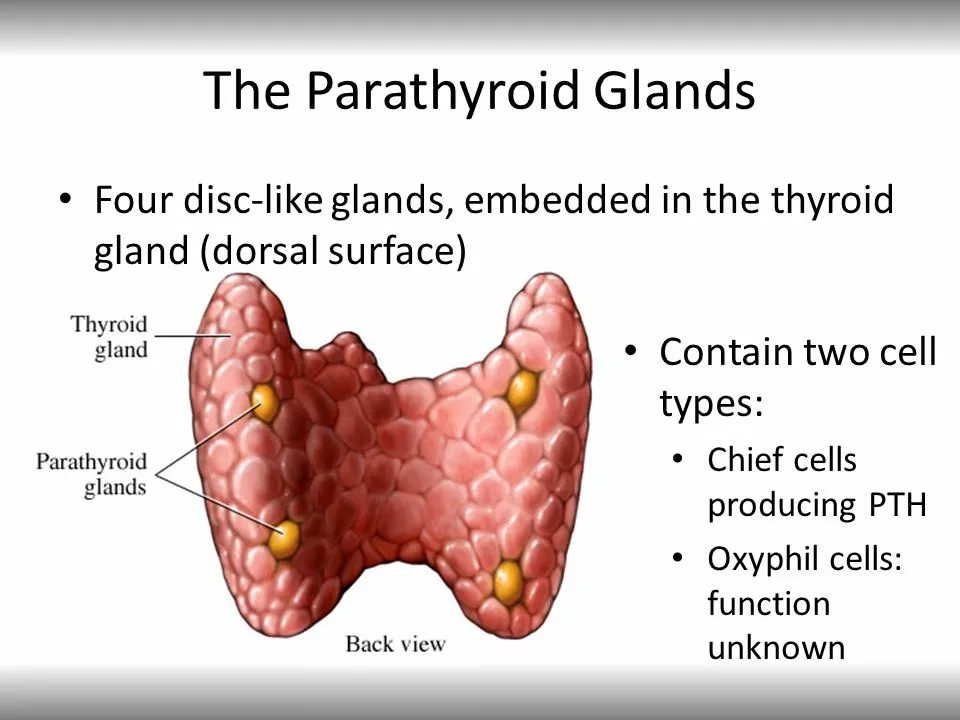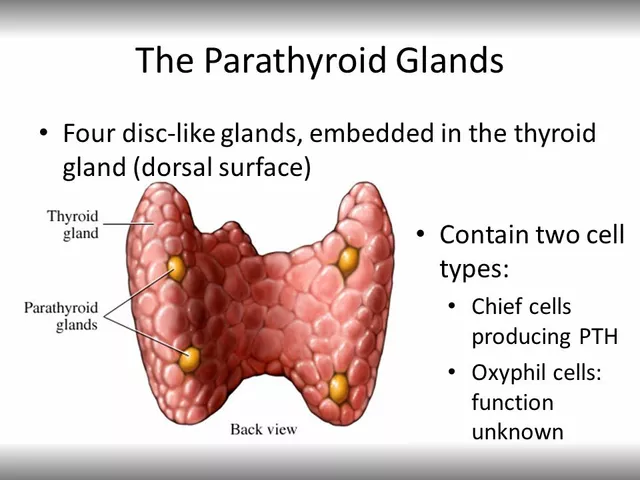Introduction to Cholestyramine and Thyroid Function
In recent years, there has been a growing interest in the connection between cholestyramine and thyroid function. As a blogger passionate about health and wellness, I felt it necessary to explore this topic in detail and provide my readers with an in-depth understanding of the relationship between these two elements. In this article, I will discuss what cholestyramine is, how it affects thyroid function, and the potential benefits and side effects of using cholestyramine for thyroid-related issues.
What is Cholestyramine?
Cholestyramine is a prescription medication that belongs to a class of drugs called bile acid sequestrants. It is primarily used to lower high cholesterol levels by binding to bile acids in the intestines and preventing their absorption. This process forces the liver to use more cholesterol to produce new bile acids, thereby reducing the overall cholesterol levels in the body. Cholestyramine is available in powder form and is usually taken as a suspension mixed with water, juice, or another non-carbonated beverage.
Understanding Thyroid Function
The thyroid is a small, butterfly-shaped gland located at the base of the neck. It plays a crucial role in regulating our body's metabolism, growth, and development by producing thyroid hormones T3 and T4. These hormones are responsible for controlling the way our body uses energy, affecting nearly every organ and bodily function. When our thyroid does not produce enough hormones, we may experience hypothyroidism, which can cause fatigue, weight gain, and sensitivity to cold. Conversely, an overproduction of thyroid hormones can lead to hyperthyroidism, characterized by weight loss, anxiety, and increased heart rate.
The Connection between Cholestyramine and Thyroid Function
Research has shown that cholestyramine can affect thyroid function in several ways. Firstly, cholestyramine can bind to thyroid hormones, particularly T4, in the intestines, reducing their absorption and leading to lower levels of circulating hormones. This effect can be particularly problematic for individuals with hypothyroidism who are taking thyroid hormone replacement medications, as cholestyramine may decrease the effectiveness of these treatments.
Additionally, cholestyramine can also interfere with the conversion of T4 to the more active T3 hormone, further impacting thyroid function. Lastly, cholestyramine may also affect the liver's ability to synthesize thyroid hormones, as it reduces cholesterol levels, which are needed for hormone production.
Benefits of Cholestyramine for Thyroid-Related Issues
Despite its potential to negatively affect thyroid function, cholestyramine can also have some benefits for individuals with thyroid-related issues. For those with hyperthyroidism, cholestyramine can help lower the levels of circulating thyroid hormones, thereby alleviating symptoms and improving overall health. Additionally, cholestyramine may also be beneficial for individuals with thyroid cancer who are undergoing radioactive iodine treatment, as it can help increase the elimination of radioactive iodine from the body.
Side Effects and Precautions
While cholestyramine can provide some benefits for certain thyroid-related issues, it is essential to be aware of potential side effects and precautions associated with its use. Common side effects of cholestyramine include constipation, bloating, gas, and stomach pain. More severe side effects, such as severe abdominal pain, vomiting, and difficulty swallowing, should be reported to a healthcare professional immediately.
It is crucial to consult a doctor before starting cholestyramine, especially if you have a history of thyroid issues or are currently taking thyroid hormone replacement medications. Your doctor may need to adjust your thyroid medication dosage or monitor your thyroid function more closely while you are taking cholestyramine.
Final Thoughts on Cholestyramine and Thyroid Function
In conclusion, the relationship between cholestyramine and thyroid function is complex, with both potential benefits and risks involved. It is essential to have a thorough understanding of how cholestyramine can affect thyroid function and to consult a healthcare professional before using this medication for thyroid-related issues. By staying informed and working closely with your doctor, you can make the best decisions for your health and well-being.








Debra Callaghan
May 16, 2023 AT 02:18So let me get this straight-you’re telling people to take a cholesterol drug that messes with their thyroid meds and call it a 'solution'? That’s not health advice, that’s medical negligence. People are already struggling to get their TSH levels right, and now you’re suggesting they add another variable that could wreck their entire endocrine system? No thanks.
Mitch Baumann
May 16, 2023 AT 09:42Interestingly, the pharmacokinetic interplay between bile acid sequestrants and thyroxine absorption has been well-documented since the 1980s-see, for instance, the seminal work by *Sawin et al., JAMA 1987*-yet, curiously, many ‘wellness influencers’ continue to propagate this as if it’s some newly discovered ‘hidden truth.’ The irony is palpable.
Gina Damiano
May 17, 2023 AT 01:58I’ve been on cholestyramine for 3 years for SIBO, and my endo had to bump my levothyroxine dose by 25% just to keep me stable. I didn’t know why my energy kept crashing until I read this. Thank you for putting this out there. I wish more doctors talked about this.
Emily Duke
May 17, 2023 AT 12:51OMG I KNEW IT!! I’ve been taking this stuff and my hair’s falling out, I’m freezing all the time, and my brain feels like mush… I thought it was just ‘aging’ or ‘stress’… NOPE. It’s the cholestyramine. I stopped it last month and my T4 went up 2 points in 3 weeks. 🙌 I’m telling everyone. This is a trap.
Stacey Whitaker
May 18, 2023 AT 16:38Chill. It’s not magic. It’s medicine. Works for some, messes with others. My cousin took it for high LDL after a heart scare, and her doc adjusted her synthroid. She’s fine now. Not every interaction is a disaster. Just listen to your provider.
Kayleigh Walton
May 19, 2023 AT 07:44Thank you for writing this with such clarity-it’s so easy to get lost in the noise of health advice online. If you’re taking thyroid medication and your doctor suggests cholestyramine, please, please, please ask about timing. Taking it 4+ hours apart from your hormone pill can make a huge difference. Many patients don’t know this simple trick. You’re not alone, and you’re not broken. Just work with your team.